South Africa’s retail forex industry is entering a decisive phase as regulation tightens and consolidation accelerates. What does it mean for brokers and traders?
Carlos Tavares exit doesn’t solve Stellantis issues
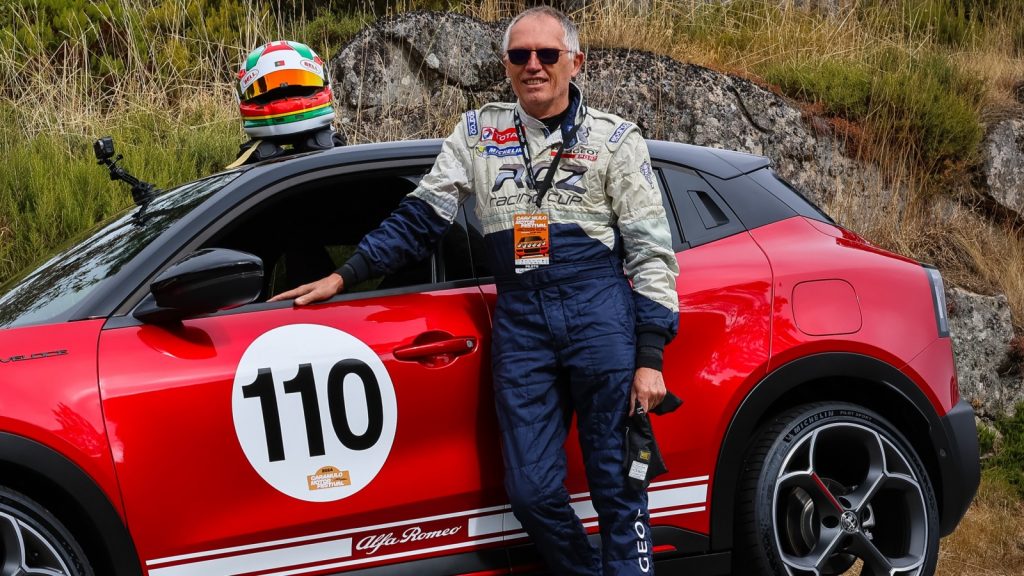
Carlos Tavares will have his most leisurely end-of-year break in years, but employees at the world’s fourth-largest car company probably won’t.
The Portuguese-born, French-educated engineer, has been one of the world’s most influential company CEOs of the last decade. And now he’s resigned. Why?
Stellantis confirmed on Sunday that Carlos Tavares is no longer the CEO of a company he has controlled since 2021. It’s a shock to the industry, which is already reeling from trying to contain and compete globally with Chinese car companies. And trying to decode what a Trump administration’s tariff regime could mean for the crucial American market.
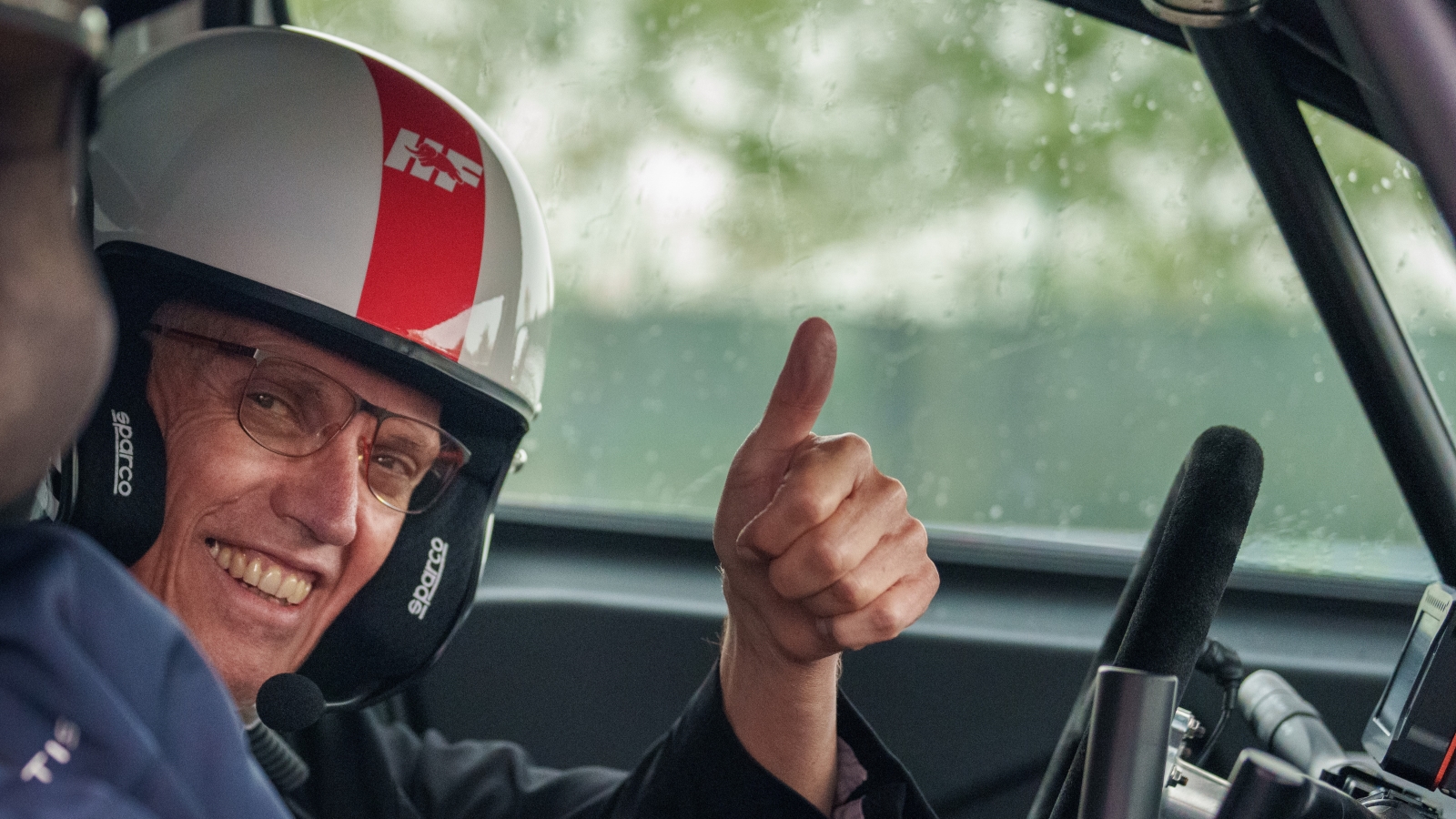
All the car company CEO credentials
Although Tavares was in the sunset phase of his time at Stellantis, his resignation has been abrupt. It was expected that he would leave by 2026, with a successor being groomed for a seamless takeover. That’s clearly no longer happening.
Issues at the company are manifold, and the tension between the CEO and board members regarding strategy, cost-cutting, and asset disposal has been rampant.
With an acute technical mind, a high degree of engineering literacy, and experience of being car-obsessed since his teens, Tavares has been a powerful force in the automotive industry. But he’s also been boundlessly ambitious.
A career Renault man responsible for the iconic and successful second-generation Megane, Tavares resigned from Renault in 2013 after his desire to desire for the CEO position was rebuffed. The next year, he joined French rival PSA, where he would entrench his specialist understanding of compact car product positioning and markets.
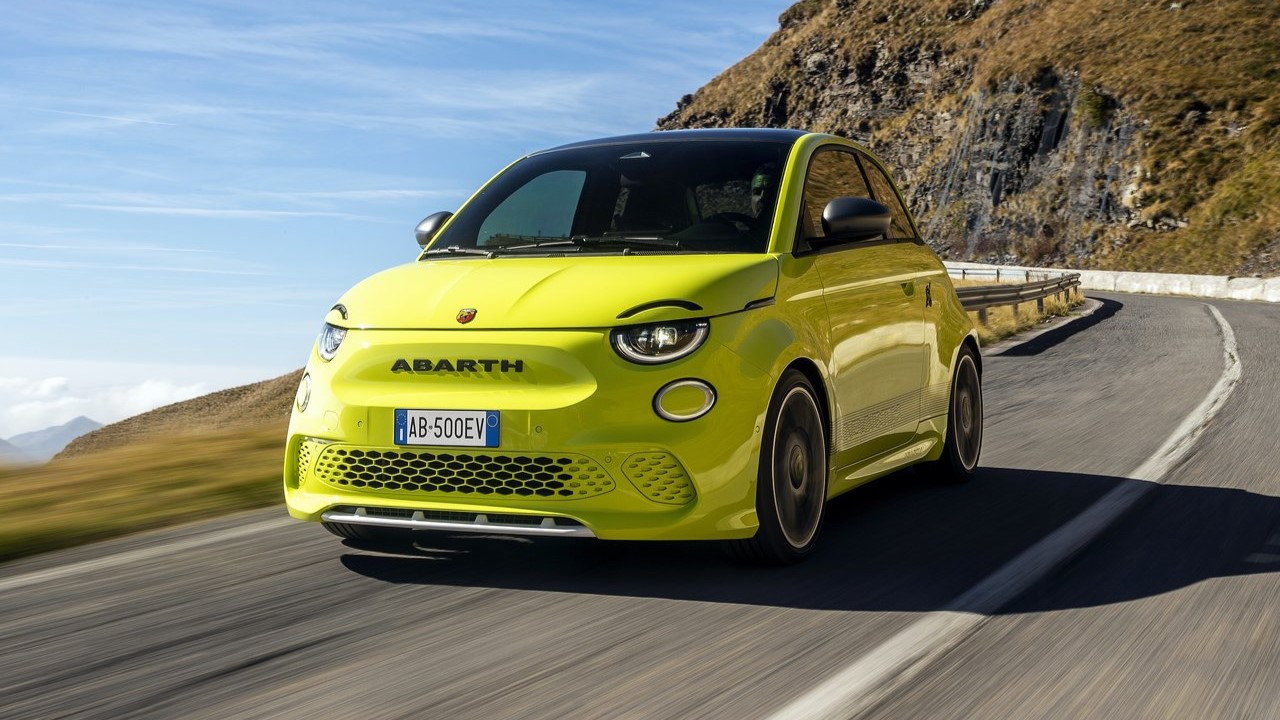
Stellantis brand balloon
When Fiat sought greater scale and technical partnership, it looked north, beyond the Alps, for partnership. The Fiat/PSA merger created Stellantis 2021, consolidating an extraordinary collection of brands in one corporate organogram – some more successful and viable than others.
Tavares was selected as the CEO, making him one of the most powerful global automotive leaders. Some of the most established global brands were now under his control, like Fiat, Opel/Vauxhall, Citroën, Peugeot, Jeep and Ram. The issue has been notoriously unprofitable and increasingly vague brands like Maserati, DS Automobiles, Abarth, Alfa Romeo, and Chrysler. Lancia, draining resources.
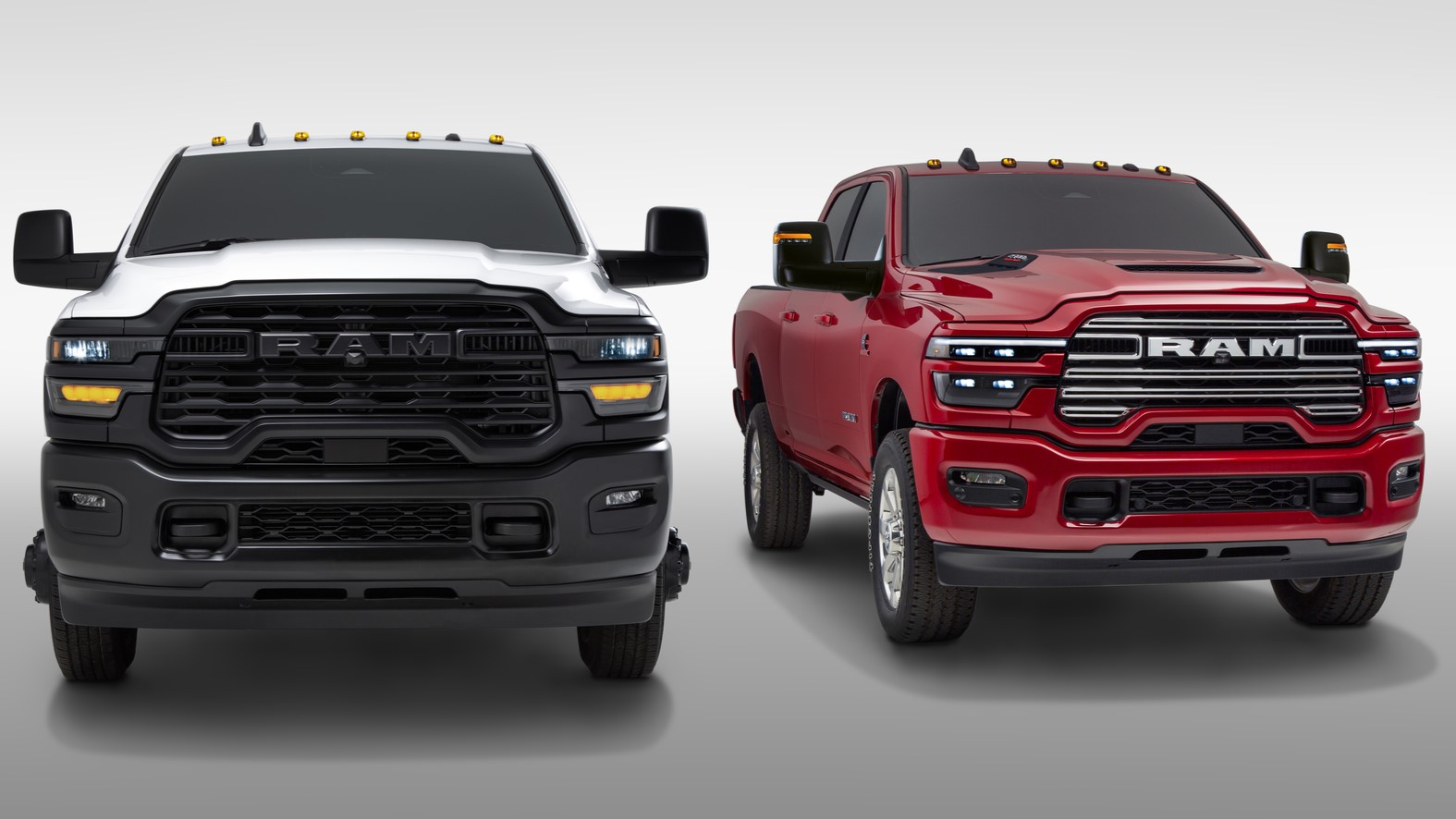
America matters – a lot
Since the early 2010s, Jeep and Ram were enormous cash sources for Fiat, leveraging their standing and demand in the American market. But in the last year, the once unassailable American business units of Stellantis have struggled.
Poor build quality ratings, product delays and an ambiguous electrification and hybridity strategy have seen Jeep and Ram sales ebb. Stellantis has experienced its American market profits dramatically narrowing, creating pressure on the entire company.
Jeep off-roaders and Ram trucks, simple to build and therefore wildly profitable, have not tracked the technology trajectory of some rivals. Or contained price inflation. The results have been a halving of the Stellantis share price and 42% reduction in American market sales
It’s not only an American issue, either. Like all legacy car companies in China, Stellantis entities there are struggling.
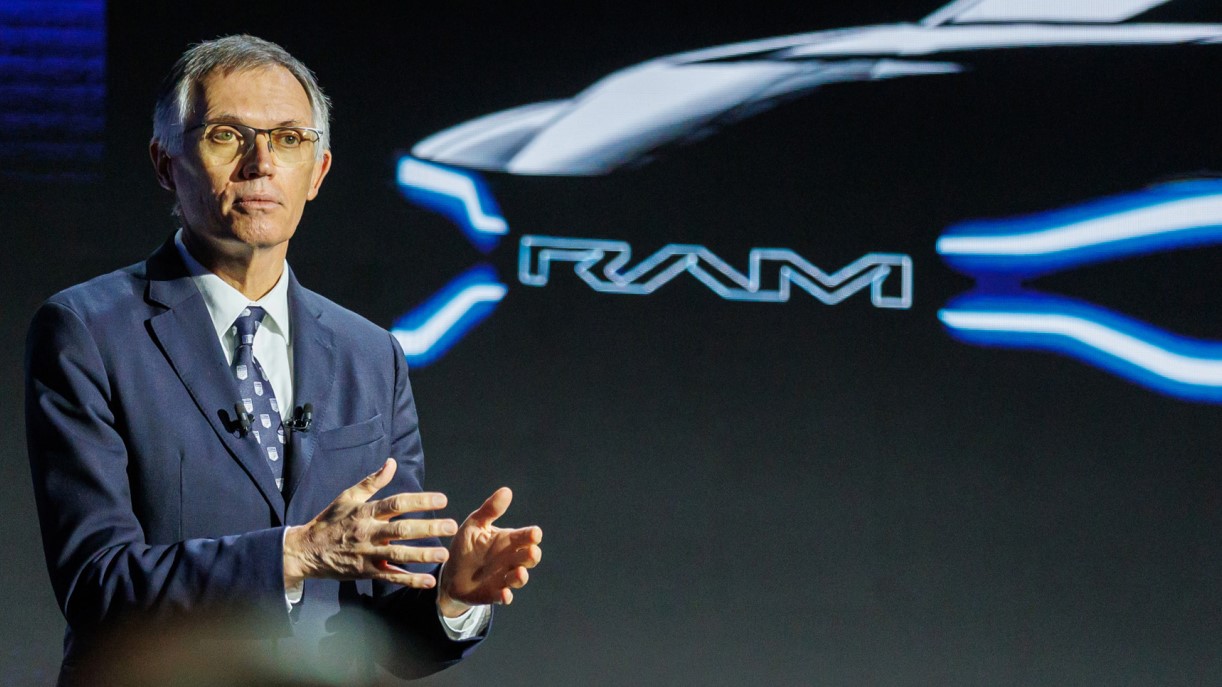
Too many brands
Since becoming group CEO, Tavares vowed that Stellantis brands must stake a claim for their survival and share of group-level resources. For some of the legacy European brands in Italy, that’s problematic.
Alfa Romeo’s global sales, especially in America, are way too small to justify its production capacity and price positioning. Lancia is attempting to relaunch as a compact EV brand for a market that doesn’t appear to exist in Europe.
Abarth operates in a segment that has seen most manufacturers exit – hot hatches. And Maserati hasn’t been a compelling business case for decades, after years of neglect by Ferrari throughout the 1990s and 2000s.
The issues with Stellantis are profound, and a brand cull will almost certainly happen throughout 2025, by whoever the board chooses as a new CEO. There’s an expectation that a non-auto specialist will be chosen, to make decisions free of legacy brand alignment and sentiment. But in a time when technical foresight and engineering vision are needed to avoid EV integration and software architecture mistakes, will Stellantis find who they need?
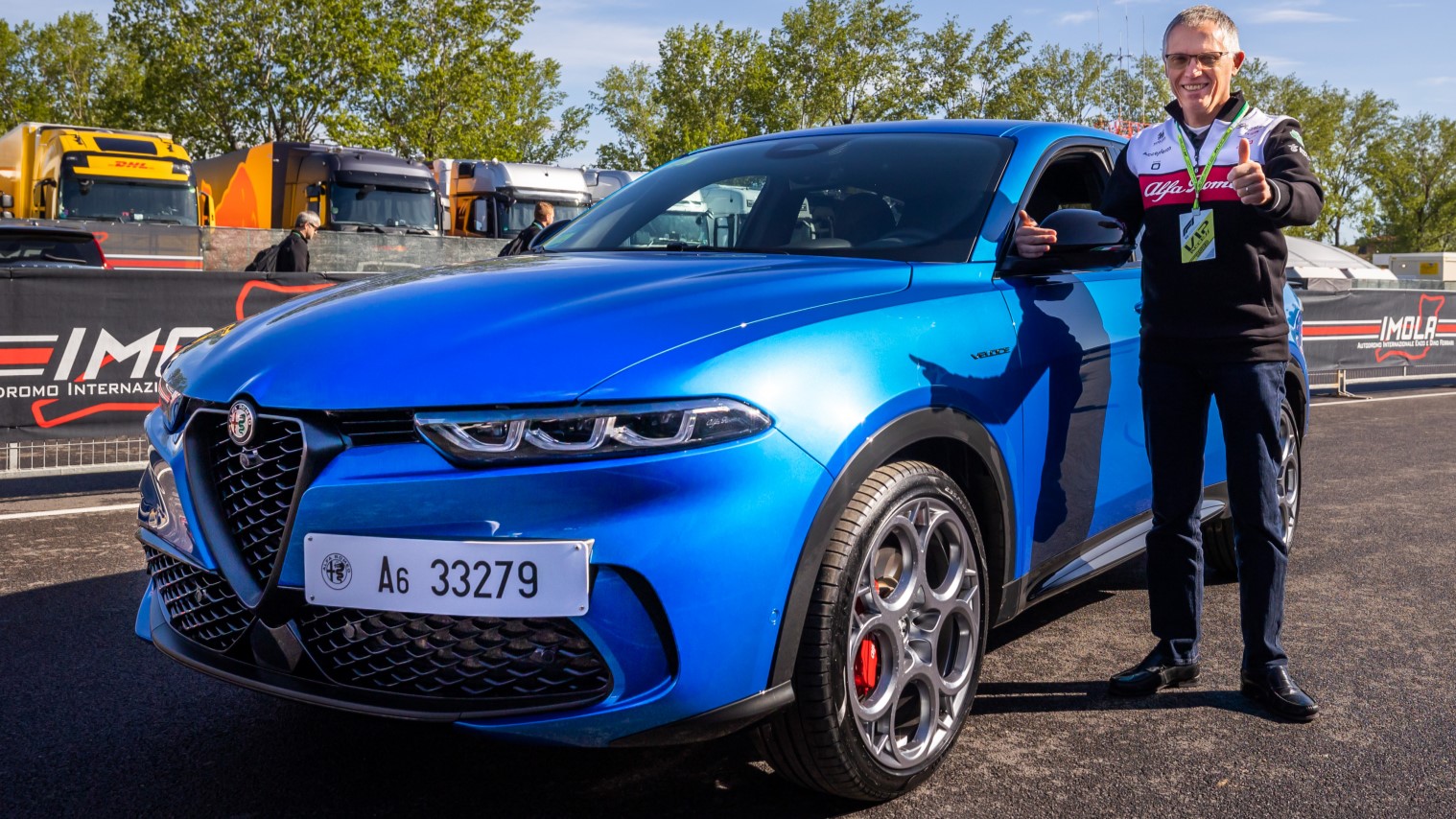
Too Eurocentric?
Tavares was a European compact car specialist. A background at Renault and then with Peugeot and Citroen are evidence of this.
Understanding the American assets of Stellantis – mostly Jeep Wranglers and Ram trucks – would always be a challenge. His car enthusiast credentials were never in doubt. Still, the American pick-up truck and large SUV markets, crucial to Stellantis, were utterly unfamiliar and alien to the Stellantis CEO.
Investments were prioritized for a dominant EV product portfolio, especially in Europe, where legacy city car brands like Fiat, Citroen, Opel and Peugeot had all the design and packaging skill to create the more affordable and smaller EVs the market now needs. However, none of this drove product quality or sales in America.
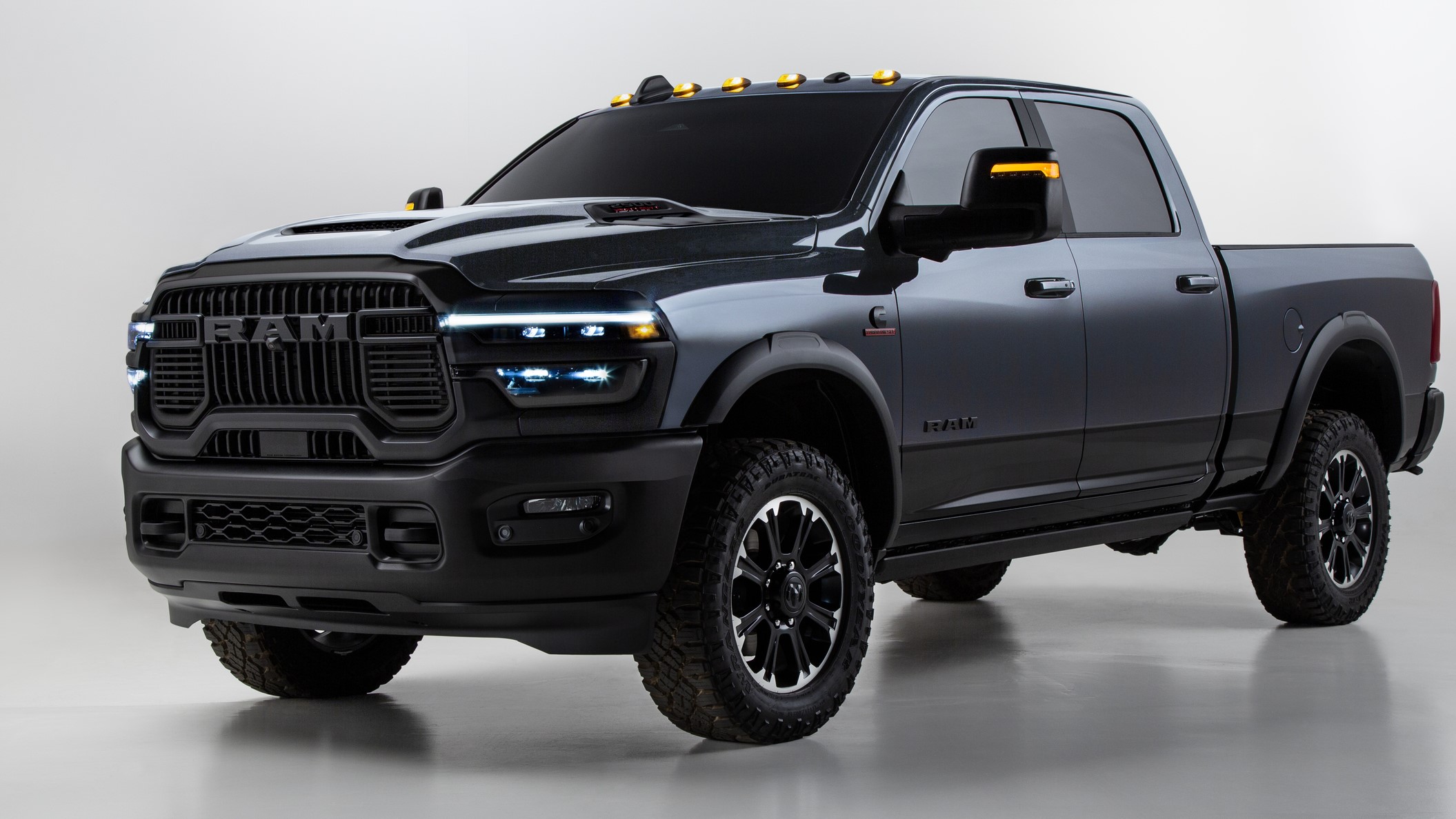
Carlos Tavares just didn’t get Ram
The Stellantis European leadership needs American profits to make everything happen. And as with most trans-Atlantic automotive mergers and cooperation, a great deal is lost in translation.
Ultimately, the Stellantis CEO didn’t quite understand that old-school separate chassis platforms were where all his profits were sourced from.
What’s the immediate future for Stellantis? Simplification and a stabilization of the American business. That means some of those legacy European brands must be permanently retired.
The Stellantis corporate organogram needs to get smaller. That’s a product decision with huge political consequences in Italy, where national pride, automotive unions and Fiat’s powerful shareholding and voice in Stellantis make culling brands a very ‘involved’ decision.


